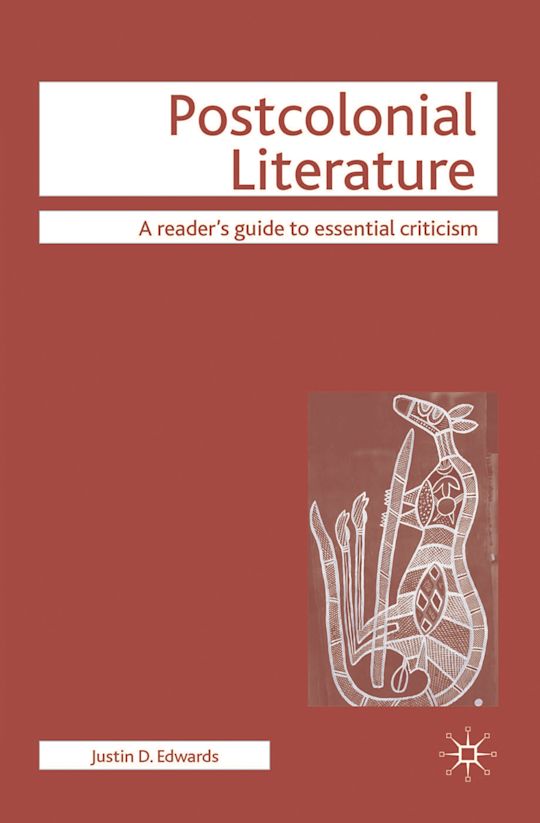
Postcolonial literature is a powerful and transformative genre that gives voice to the formerly colonized, challenging dominant historical narratives and reshaping modern storytelling. Emerging in the aftermath of colonial rule, this body of literature reflects the struggles, resistance, and identity crises faced by individuals and nations after the end of imperial domination.
Through novels, poetry, and essays, postcolonial writers explore themes of cultural hybridity, displacement, oppression, and resistance, offering alternative perspectives to those found in traditional Western literary canon. Authors from Africa, the Caribbean, South Asia, and beyond have used literature as a means to reclaim histories, interrogate colonial legacies, and affirm their cultural identities.
This article delves into the key themes of postcolonial literature, influential writers, major works, and its impact on modern narratives, highlighting how voices from the margins continue to shape contemporary discourse.
Defining Postcolonial Literature

1. What is Postcolonial Literature?
Postcolonial literature refers to the body of work produced by writers from regions that were once colonized by European powers, including countries in Africa, Asia, the Caribbean, the Middle East, and Latin America. These works often critique colonial ideologies, address issues of identity and belonging, and explore the lasting effects of colonization.
2. Origins and Development
- The term “postcolonial” gained prominence in the late 20th century, following the decline of European empires after World War II.
- Early postcolonial literature emerged as a response to colonial literature, which often depicted non-European cultures through a Eurocentric lens.
- As former colonies gained independence, writers from these regions began rewriting history, reclaiming their voices, and redefining their national identities.
Major Themes in Postcolonial Literature
1. Identity and Hybridity
Postcolonial writers often explore cultural identity in the aftermath of colonial rule, depicting characters who struggle to reconcile their indigenous heritage with the imposed Western influences.
- Homi Bhabha’s concept of “hybridity” describes the blending of cultures, resulting in new identities that challenge rigid binaries of “colonizer” and “colonized.”
- Example: In Things Fall Apart by Chinua Achebe, the protagonist Okonkwo grapples with the erosion of Igbo traditions due to British colonialism.
2. Language and Power
The use of English, French, Spanish, and other colonial languages is a major point of contention in postcolonial literature. Some writers adopt the colonizer’s language to subvert it, while others reclaim indigenous languages as acts of resistance.
- Ngũgĩ wa Thiong’o famously argued for writing in native languages, advocating for linguistic decolonization.
- Example: Salman Rushdie’s Midnight’s Children blends English with Indian vernaculars, creating a new literary voice.
3. Displacement and Exile
Colonization often led to forced migrations, creating diasporic communities that struggle with alienation and nostalgia. Postcolonial narratives frequently depict individuals caught between two worlds.
- Example: In The Namesake by Jhumpa Lahiri, the protagonist struggles with his Indian-American identity, symbolizing the broader experience of postcolonial displacement.
4. Resistance and Decolonization
Postcolonial literature challenges imperial narratives and rewrites history from the perspective of the colonized. Many works depict resistance against oppression, both through armed struggle and cultural assertion.
- Example: Season of Migration to the North by Tayeb Salih subverts colonial tropes by reversing the power dynamics between the colonized and the colonizer.
5. Race, Gender, and Oppression
Intersectionality plays a crucial role in postcolonial literature, examining how race, gender, and class intersect with the legacy of colonization.
- Example: Wide Sargasso Sea by Jean Rhys reimagines the life of Bertha Mason from Jane Eyre, giving voice to a silenced Creole woman.
Influential Postcolonial Writers and Their Contributions
1. Chinua Achebe (Nigeria)
- Major Work: Things Fall Apart (1958)
- Impact: Achebe’s novel is considered the first major African novel written in English that challenges Western depictions of African societies.
2. Ngũgĩ wa Thiong’o (Kenya)
- Major Work: Decolonising the Mind (1986)
- Impact: Advocated for writing in indigenous languages and critiqued the cultural colonization imposed through language.
3. Salman Rushdie (India/UK)
- Major Work: Midnight’s Children (1981)
- Impact: Pioneered magical realism in postcolonial literature, intertwining personal and national histories.
4. Arundhati Roy (India)
- Major Work: The God of Small Things (1997)
- Impact: Explored caste, colonial legacies, and forbidden love in postcolonial India.
5. Frantz Fanon (Martinique/Algeria)
- Major Work: The Wretched of the Earth (1961)
- Impact: A revolutionary thinker whose work on decolonization and psychological oppression remains foundational in postcolonial studies.
6. Jamaica Kincaid (Antigua and Barbuda)
- Major Work: A Small Place (1988)
- Impact: Critiqued the effects of colonialism and tourism on Caribbean identity.
7. Tayeb Salih (Sudan)
- Major Work: Season of Migration to the North (1966)
- Impact: Reversed colonial narratives, exploring power and revenge in postcolonial Sudan.
How Postcolonial Literature Shapes Modern Narratives
1. Decentering the Western Canon
Postcolonial literature has challenged the dominance of Western literary traditions by expanding the definition of “great literature” to include voices from Africa, Asia, and the Caribbean.
2. The Rise of Global Literature
Today’s literature increasingly reflects the fluidity of identity in a globalized world, with postcolonial themes influencing authors beyond former colonies. Writers like Zadie Smith, Chimamanda Ngozi Adichie, and Mohsin Hamid explore themes of migration, multiculturalism, and postcolonial legacy in contemporary contexts.
3. Impact on Film, Media, and Popular Culture
Postcolonial narratives have inspired films, television, and art that critique colonial legacies, such as:
- The movie “Black Panther”, which reimagines Africa without colonialism.
- Literature-to-film adaptations like “The Namesake” (2006) and “Wide Sargasso Sea” (1993).
4. Influence on Social and Political Thought
- Postcolonial literature has contributed to activism and policy debates on decolonization, reparations, and cultural identity.
- Thinkers like Edward Said (Orientalism, 1978) have shaped discussions on how the West represents non-Western cultures.
Conclusion: The Future of Postcolonial Literature
Postcolonial literature remains a dynamic and evolving field, continuing to challenge historical narratives, cultural assumptions, and global inequalities. As the world grapples with issues of migration, identity, and historical accountability, the voices of postcolonial writers are more relevant than ever.
By reshaping modern storytelling, postcolonial literature ensures that knowledge history is not just told by the victors, but by those who endured, resisted, and redefined their own destinies.







